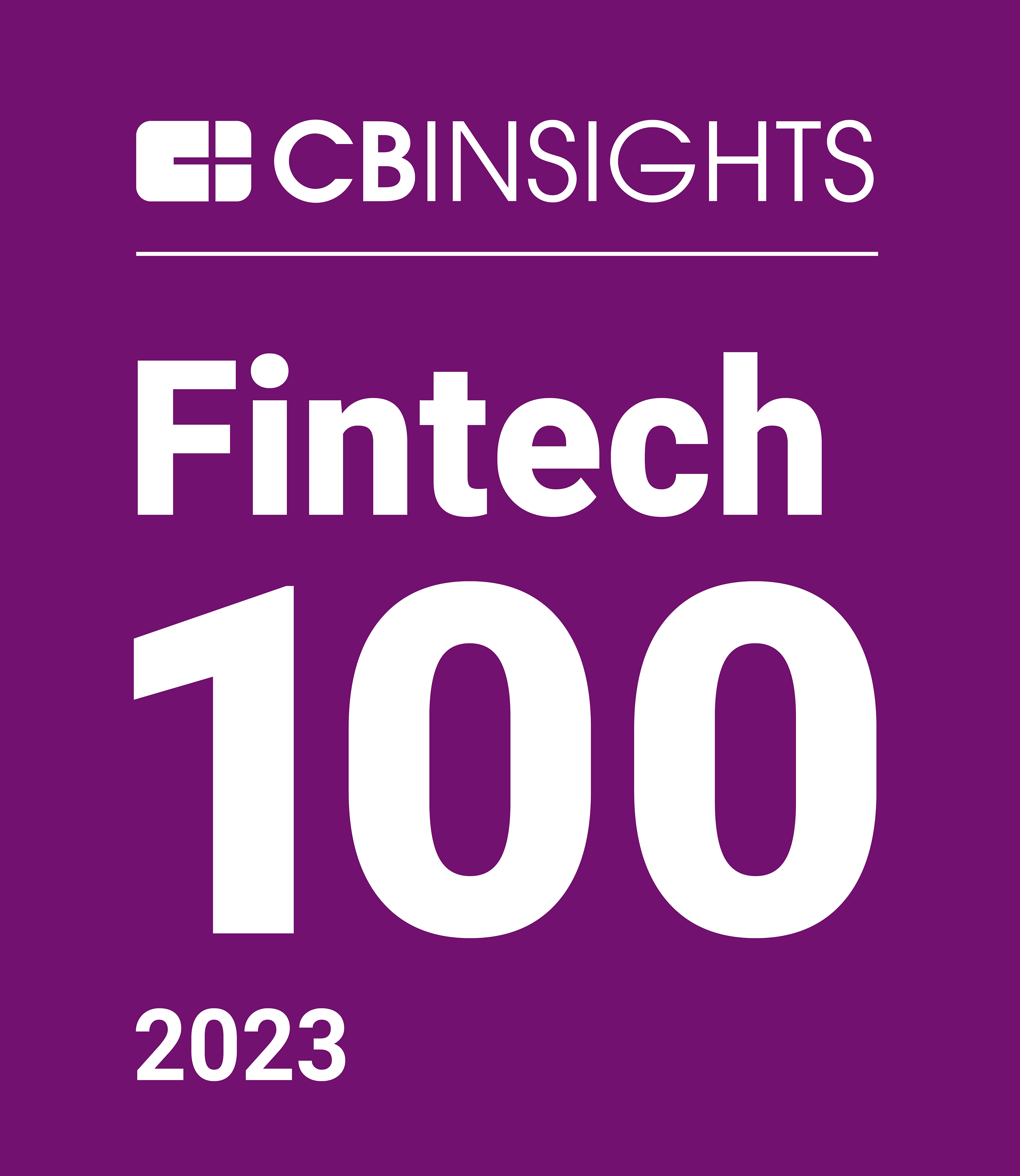Transaction data will unlock the future of banks.
There’s a seismic shift happening in the way banks make money that could have significant privacy implications for their customers.
This change was summed up in a TechCrunch article about the challenger bank Monzo partnering with another UK fintech startup, Flux (Starling have since made a similar announcement). The news was simple: if Monzo customers used their Monzo card at a small number of retailers partnered with Flux, they’d be able to see individual items on a receipt.
The article went on to talk about some of the user experience implications this might have:
In the future, this could include letting you easily track your eating out habits, right down to item-level rather than just merchant category, as part of your general health goals.
While the UX is interesting, the revelatory implication is what impact this data can have on a bank’s business model.
This item-level transaction data is one of bankings holy grails, with the potential to let them step outside the ‘classic banking business model’ for the first time.
Not your parents bank, anymore.
If we focus just on challenger banks, there are three ways they currently make money (or plan to make money):
“We can do it cheaper”
Banks like Monzo and Starling don’t have huge costly branch networks or creaking IT systems that need £100 million service and support contracts; they can offer Classic Banking Services™️ at much lower costs.
This is the ‘nickel and dime’ challenger bank business model and forms a core part of their funding and growth models. For example, Starling and Monzo have started offering the same (from a user experience point of view) unsecured lending products as their legacy competitors, but they’re doing it with larger margins than their older, more cost dependent rivals.
“We can make money from an ‘open’ ecosystem”
The second model is where challenger banks provide ‘marketplaces’ to their customers. In effect, these are tight (API based) integrations with other companies offering complimentary services. It enables banks like Starling to offer a wide range of products for a very low (or zero) marginal cost.
Beyond the fact they can offer more products and a better experience to their customers (and thus reduce churn, among other things), these ‘ecosystem plays’ enable the banks to make money when a third-party product is sold to one of their customers. If effect, an affiliate scheme writ large. For example, if I’m a Starling customer and I get a mortgage with Habito via their integration, Starling makes money.
This is the model a lot of challenger banks are focusing on scaling at the moment. They see it as enabling huge leverage from their existing (and quickly growing) customer bases.
“We can make money from data”
Finally, monetising people’s transaction data. What if Monzo could understand the details of your regular food shop at Sainsbury’s and recommend (for a fee) that you switch to Tesco and save £23 a week? What if Starling could offer Google or Facebook data on your spending and they could (for the first time ever) ‘close the loop’ on online advertising?
This isn’t a new idea. In fact, big legacy banks have seen this opportunity for a long time, but there’s always been things standing in their way:
Their core technology is terrible. Everything takes 10x longer and costs 100x more than it should. They have a hard enough time keeping internet banking working, let alone investing in complex, unproven technology.
Large banks are inherently conservative. How would their customers respond to them mining this data? How would this new revenue model affect their core business models? How would the regulator react? GDPR? In a world of 5 year CEO tenures, there’s a huge disincentive to long-term business model transition.
You can’t really do it without unpacking transactions. If a bank only knows you’ve spent £10 at Sainsbury’s, it can’t tell you’d save money on toilet paper down the road at Tesco.
Challenger banks’ green field tech, scrappy ‘startup’ mentality, and innovative positions in their customers’ eyes enable them not to have the same issues with (1) and (2).
This is why the Monzo and Starling news signifies something important: if they start getting this unpacked transaction data it opens up a world where they can start taking advantage of this new (fundamentally different) business model.
Receipts and loyalty schemes aren’t the best way to get this data.
No one’s currently doing this at scale, and it will be difficult and time consuming to get right (just look at the small number of retailers Flux supports as an example of this) but the rewards could be enormous. It could enable something that no retail bank has really been able to do: its valuation can grow based on the perceived value of the data they hold, not on some hard coupling to the amount of customers or deposits they hold.
For a long time, the holy grail of transaction data was the payment networks. They handle $Trillions a day across billions of transactions and have direct, deep integrations with the world’s banks. But there’s a problem, payment providers are built on systems designed to scale the usage of credit cards forty years ago. They’re built for a world of little bits of plastic with magastripes in your pocket and expensive proprietary terminals in every physical location; this is not the world of open data standards, HTTP APIs and great developer experience.
Some payment providers (like Stripe) are starting to capture this transaction data from merchants, but there’s an enormous wall of technical debt and legacy systems sitting between that data and the banks ability to ingest and use it.
Is this where Open Banking comes in? While this transaction metadata isn’t part of the current (or indeed, future) draft of the Open Banking specifications, the bank’s now proven ability to align around a common specification, and the similarity to the increasingly widely adopted account payment Open Banking specifications, suggests it could be.
As a provider of bank payment services who handles transaction level data, Banked is very excited about this direction for Open banking. We see it as a game changer for all banks.
For better or worse, banks have an opportunity to become advertising businesses and we’ve seen how successful those can be.
Creepiness and the change in customer.
One thing inherent to this advertising, data-driven business model, is how it would shift a bank’s focus. In the same way Google provides search or Gmail to consumers in order to sell advertising, a bank (in this context) would provide retail banking services to get data.
It remains to be seen how consumers (and regulators) will react to this model in a post-Cambridge Analytica world, but these banks are going to keep banging the drum of the user-value you can derive from this new data; it’s a PR path that’s already well-trodden by the large tech companies with aggressive data focused business models.
It’s yet to be seen how much users will acknowledge (or care about) the difference between ‘My bank knows I spent £45 at Footlocker’ vs ‘My bank knows I spent £22 on socks and £23 on a t-shirt,’ but the implications of this for users could be enormous. Imagine if your bank knew you’d bought a book from Amazon about a medical condition and your bank allowed organisations to target ads to you based on that purchase?
Like many organisations using personal data to better target ads, the implications are rarely prioritised over EBITDA.
Platform


Banked Ltd is authorised and regulated by the UK Financial Conduct Authority
151 Wardour St, Unit 5.01, London, W1F 8WE, UK
Company number 11047186 : Firm Reference Number 816944 : +44 (0) 20 8090 2747
© Banked : 2026